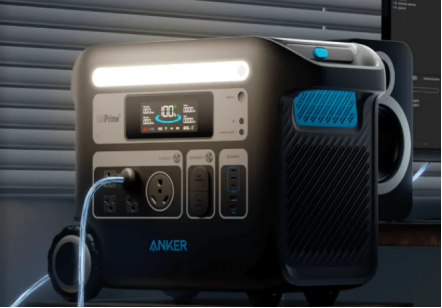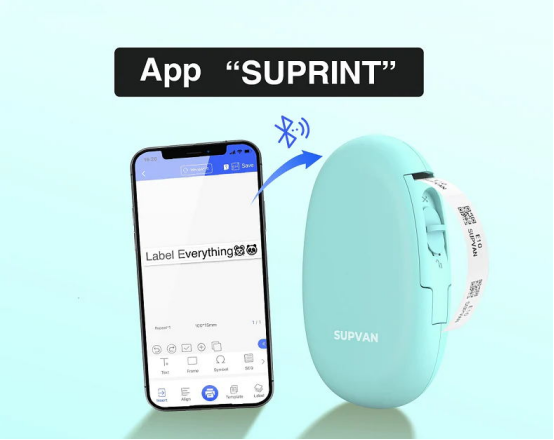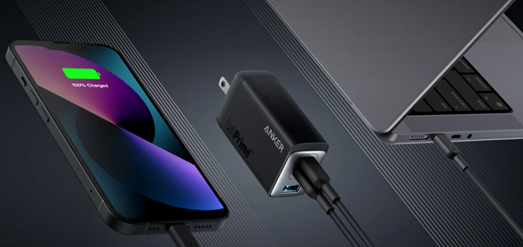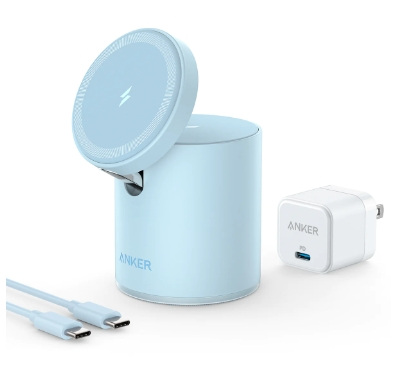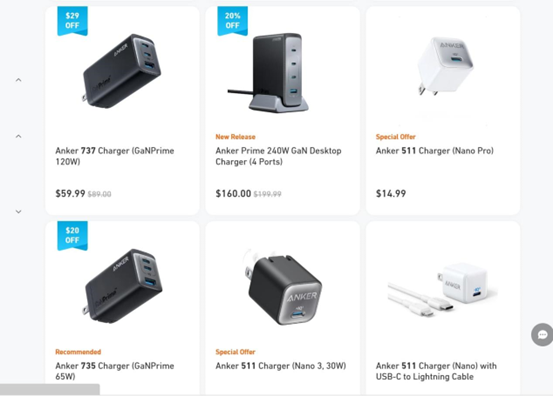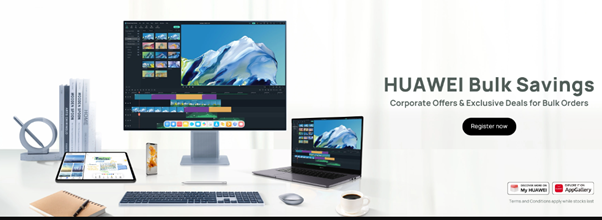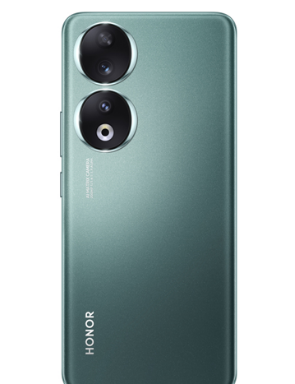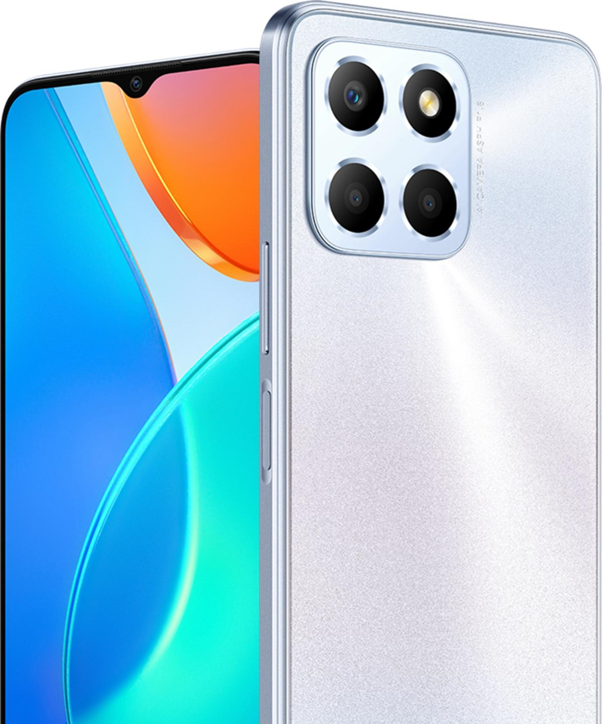
By cuterose
8 Tips To Check Phone Features Before Buying

With an abundance of smartphones on the market, choosing the right device can be a daunting task. To make an informed decision, it's essential to thoroughly evaluate the features that align with your preferences and needs. Here are eight tips to help you check phone features before making a purchase.
1. Assess Your Budget: Finding the Sweet Spot
Before delving into specific features, establish a realistic budget. Determine how much you are willing to spend on a smartphone, and consider the features that matter most to you within that budget. This helps narrow down your options and ensures you get the best value for your money.
2. Display Quality: Optimal Visual Experience
The display is one of the most critical aspects of a smartphone. Check for features like screen resolution, brightness levels, and color accuracy. A vibrant and sharp display like HONOR X6 enhances your overall visual experience, whether you're watching videos, browsing photos, or using apps. Additionally, consider the display size that suits your preferences, as larger screens are ideal for media consumption and gaming.
3. Camera Capabilities: Beyond Megapixels
The camera is a significant factor for many smartphone users. Instead of focusing solely on megapixels, consider aspects such as sensor quality, aperture size, and image processing capabilities. Look for additional camera features like optical image stabilization (OIS), night mode, and advanced shooting modes. Assessing real-world camera performance through reviews and sample photos can provide valuable insights.
4. Processing Power: Optimal Performance
The processor is the powerhouse of a smartphone, influencing its speed and overall performance. Check the processor type, clock speed, and the number of cores. High-performance processors are crucial for smooth multitasking, fast app launches, and an overall responsive user experience. Evaluate benchmark scores and user reviews to gauge the real-world performance of the smartphone's processor.
5. Battery Life: Sustained Performance
A smartphone's battery life is a critical factor, especially for users who rely on their devices throughout the day. Check the battery capacity measured in milliampere-hours (mAh) and consider how it aligns with your usage patterns. Look for smartphones with efficient battery management and fast-charging capabilities to ensure sustained performance and quick recharging.
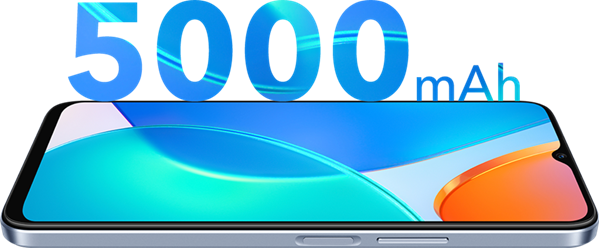
6. Storage Capacity: Meeting Your Needs
Evaluate the internal storage capacity of the smartphone, considering your storage needs for apps, photos, videos, and other data. Some devices offer expandable storage options through microSD cards, providing flexibility for future requirements. Adequate storage prevents the device from slowing down due to limited space and ensures a seamless user experience.
7. Connectivity Features: Staying Connected
Consider the connectivity features that matter to you. Check if the smartphone supports modern network standards like 5G for faster data speeds. Additionally, assess features such as Wi-Fi 6, Bluetooth, and NFC, depending on your usage preferences. Smartphones with comprehensive connectivity options offer a future-ready experience.
8. Software and Updates: Long-Term Viability
Check the smartphone's operating system (OS) and its update history. Regular software updates are crucial for security, bug fixes, and the introduction of new features. Choose devices that receive consistent updates from the manufacturer, ensuring that your smartphone remains relevant and secure over time.
Conclusion
Checking phone features before buying is a vital step in making an informed decision. By assessing your budget, display quality, camera capabilities, processing power, battery life, storage capacity, connectivity features, and software updates, you can align your smartphone choice with your specific needs and preferences.



